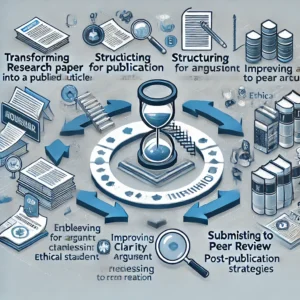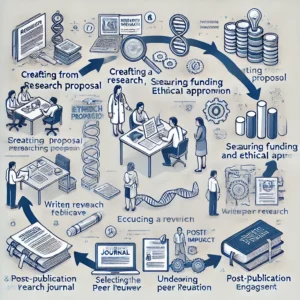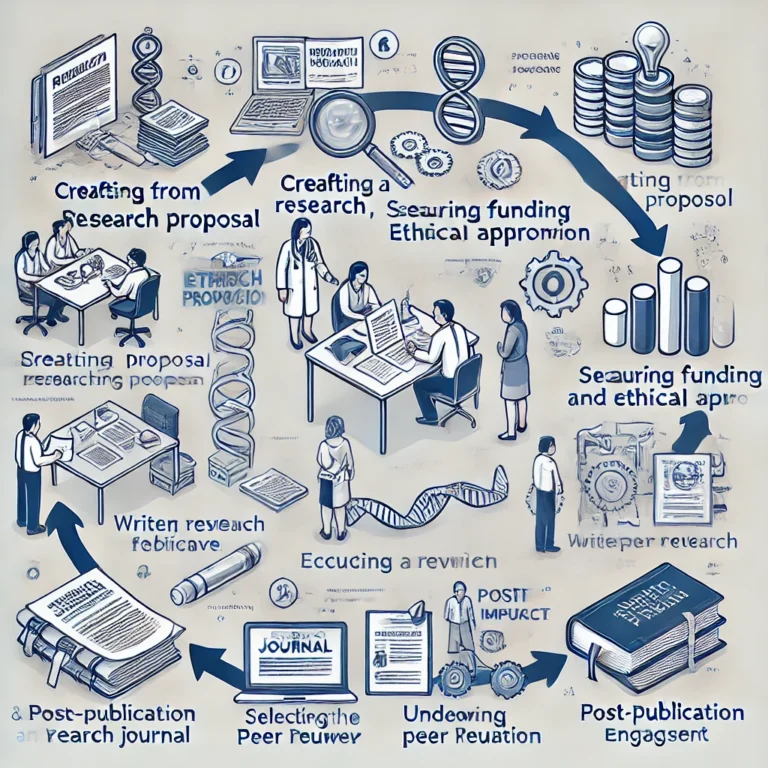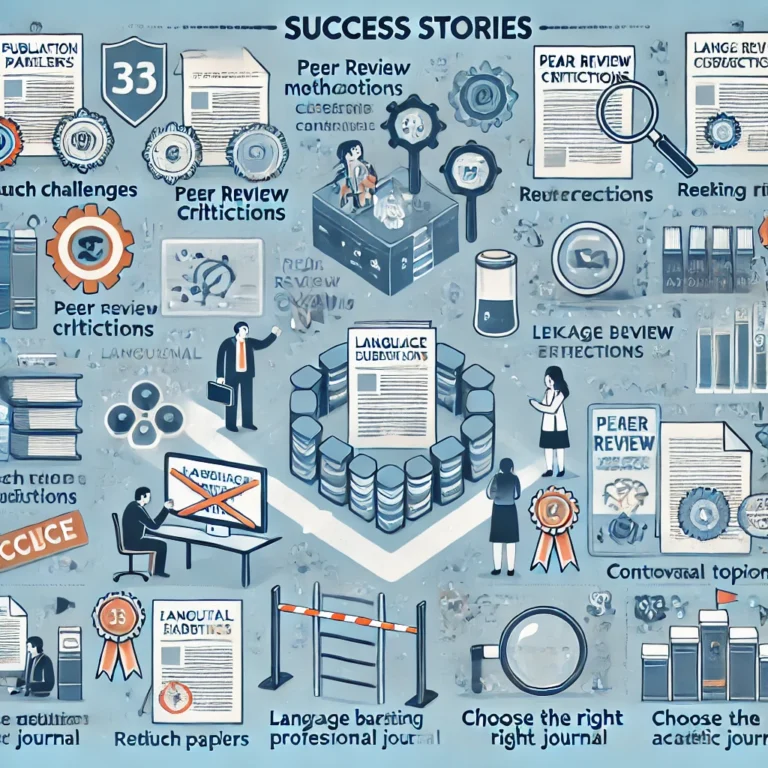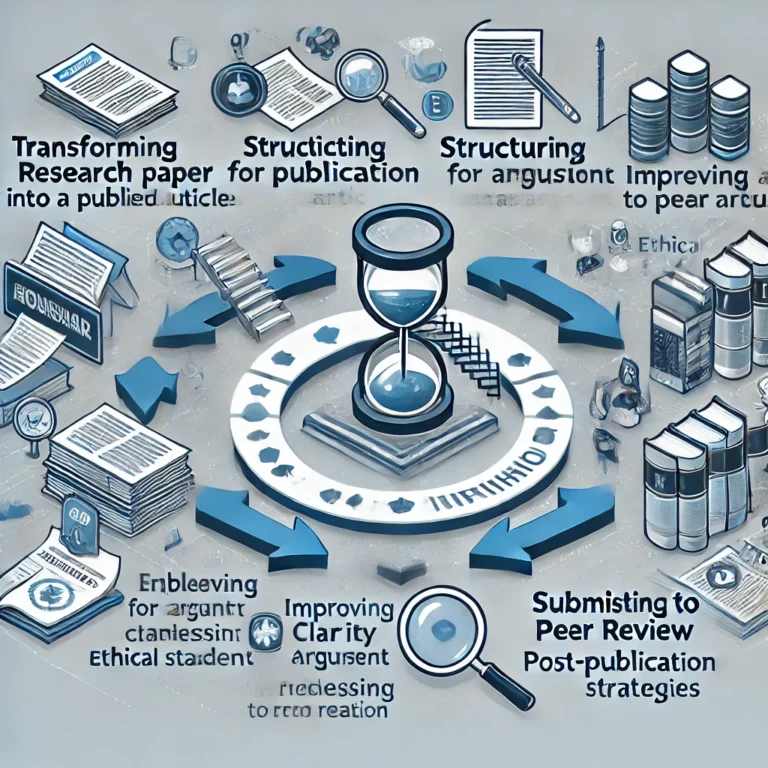Writer’s block can be a frustrating obstacle for academic writers, but it is a common challenge that can be overcome with the right strategies. Below are several effective techniques to help academic writers overcome writer’s block and maintain productivity.
1. Develop a Writing Routine
Establishing a consistent writing routine can create a habit that makes it easier to start and continue writing. Set specific writing hours and adhere to them, even if you do not feel inspired.
2. Freewriting
Freewriting involves writing continuously for a set period without worrying about grammar, structure, or coherence. This helps to bypass self-censorship and generates new ideas that can be refined later.
3. Break the Task into Smaller Steps
Large writing projects can be overwhelming. Breaking the work into smaller, manageable tasks—such as outlining, drafting specific sections, or editing one paragraph at a time—can make the process less intimidating.
4. Change Your Environment
A change of scenery, such as working in a different room, a library, or a coffee shop, can help refresh your mind and stimulate creativity.
5. Set Realistic Goals
Set achievable writing goals, such as writing a certain number of words or completing a section of your work within a specific timeframe. This provides motivation and a sense of accomplishment.
6. Use Writing Prompts
When struggling to start writing, use writing prompts or questions to spark ideas. Questions like “What is the main argument of my paper?” or “What evidence supports my claims?” can help guide your writing.
7. Read and Engage with Relevant Literature
Reading academic papers and engaging with existing research can provide inspiration, clarify arguments, and help generate new ideas for writing.
8. Talk It Out
Discussing your ideas with colleagues, advisors, or friends can help you articulate your thoughts and gain new perspectives that facilitate writing.
9. Use Productivity Techniques
Techniques such as the Pomodoro Technique (working in short bursts with breaks) or the 2-Minute Rule (starting with a simple task that takes two minutes) can help maintain focus and productivity.
10. Accept Imperfection in the First Draft
Perfectionism can be a major roadblock. Accept that the first draft does not need to be perfect—it is just the starting point for revision and refinement.
11. Seek Support and Feedback
Joining writing groups, seeking mentorship, or working with a writing coach can provide encouragement, accountability, and constructive feedback.
12. Take Care of Your Well-being
Mental and physical well-being impact writing productivity. Ensure you get adequate rest, exercise, and breaks to avoid burnout and sustain creativity.
By implementing these strategies, academic writers can overcome writer’s block and develop a more productive and enjoyable writing process.
For more academic writing tips and resources, visit Academic Compass and enhance your scholarly journey!

